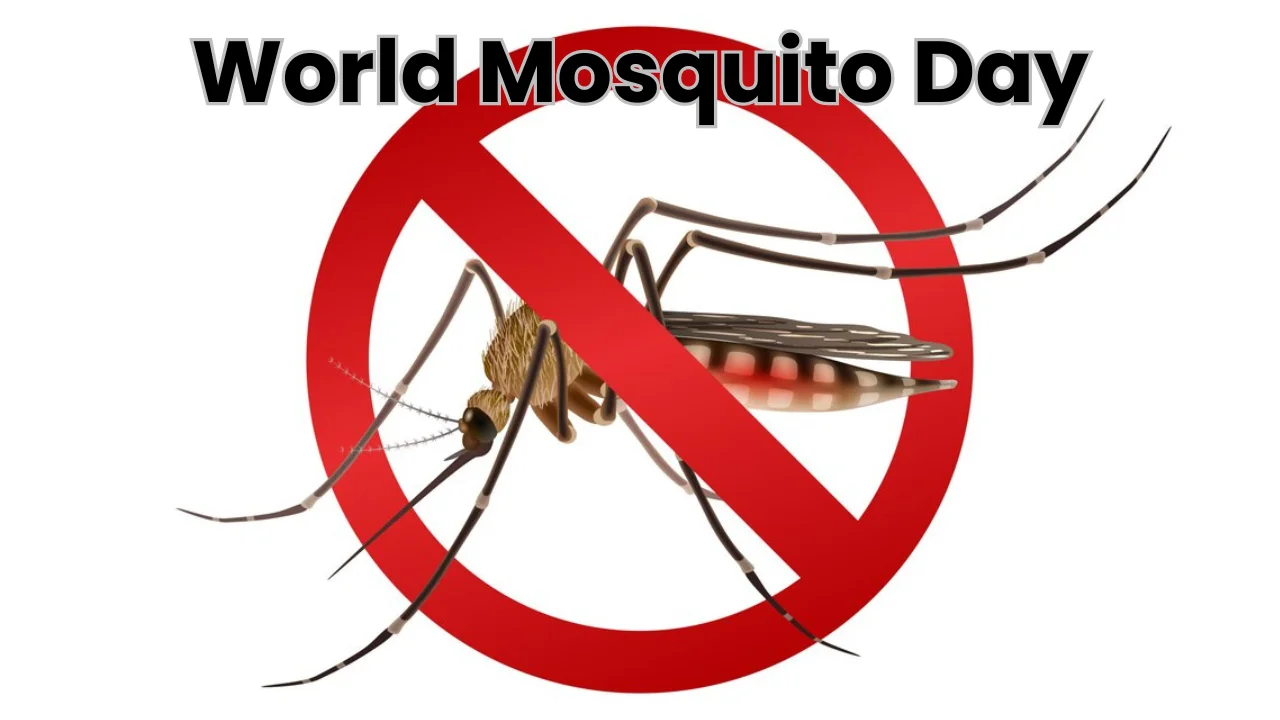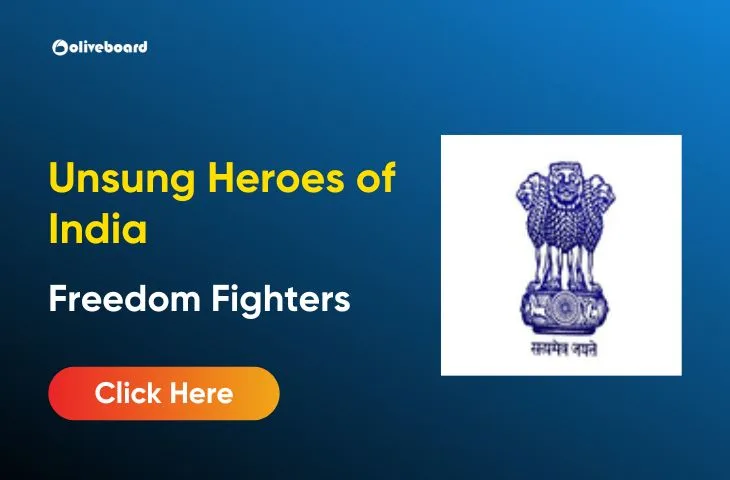World Mosquito Day 2024
World Mosquito Day is observed annually on August 20 to honor the significant contributions of British physician Sir Ronald Ross. He holds the distinction of being the first individual to establish the link between malaria and female anopheline mosquitoes.
This commemorative day serves as an opportunity to raise awareness regarding the threats posed by mosquitoes, educate about preventive measures against mosquito-borne diseases, and rally efforts to combat these disease-carrying insects. As we prepare to mark this occasion, here are some noteworthy facts to consider.
World Mosquito Day Theme 2024
The official theme for World Mosquito Day 2024 is “Accelerating the fight against malaria for a more equitable world”. It underscores the urgent need to close gaps in access to malaria treatment, diagnosis, and prevention.
History of World Mosquito Day
World Mosquito Day is celebrated annually on August 20th. It was first celebrated in 2007 by the World Mosquito Net (WMN) Foundation to raise awareness about the dangers of mosquitoes and to promote efforts to control them.
The date of August 20th was chosen to commemorate the birth of Sir Ronald Ross, a Scottish physician, and microbiologist who discovered the link between mosquitoes and malaria in 1897. Ross was awarded the Nobel Prize in Physiology or Medicine in 1902 for his work.
Significance of World Mosquito Day
- Raise awareness about the dangers of mosquitoes: Mosquitoes are responsible for the transmission of many serious diseases, including malaria, dengue fever, yellow fever, Zika virus, and chikungunya. These diseases can cause serious illness and death, especially in children and pregnant women. World Mosquito Day is an opportunity to learn about the dangers of mosquitoes and to take steps to protect ourselves and our communities from them.
- Promote efforts to control mosquitoes: There are many ways to control mosquitoes, such as using insect repellent, wearing long sleeves and pants, draining standing water, screening windows and doors, and sleeping under a mosquito net. World Mosquito Day is a time to promote these efforts and to work towards a world where mosquitoes are no longer a threat to human health.
- Celebrate the work of organizations that are working to control mosquitoes: Many organizations are working to control mosquitoes and prevent mosquito-borne diseases. These organizations include the World Health Organization (WHO), the Centers for Disease Control and Prevention (CDC), and the World Mosquito Net (WMN) Foundation. World Mosquito Day is a time to celebrate the work of these organizations and to thank them for their efforts.
World Mosquito Day is a global event that is celebrated by people all over the world. It is a day to come together and raise awareness about the dangers of mosquitoes and to work towards a world where mosquitoes are no longer a threat to human health.
Why Mosquitos are so deadly?
Mosquitoes are so deadly because they are vectors for many serious diseases, including malaria, dengue fever, yellow fever, Zika virus, and chikungunya. These diseases can cause serious illness and death, especially in children and pregnant women.
Mosquitoes can transmit diseases because they bite humans and other animals. When a mosquito bites an infected person, it picks up the disease-causing organisms in the blood. When the mosquito bites another person, it can then transmit the disease to that person.
Key Facts About Mosquito-Borne Diseases
Mosquitoes are also very good at spreading diseases because they are very common. There are over 3,500 species of mosquitoes, and they are found all over the world. Mosquitoes are also very good at finding hosts. They can smell the carbon dioxide that humans and other animals exhale, and they can also detect heat and movement.
The diseases that mosquitoes transmit can be very serious. Malaria is the most deadly mosquito-borne disease, and it is estimated to kill over 400,000 people each year. Dengue fever is another serious mosquito-borne disease, and it is estimated to infect over 400 million people each year.
Ways to Prevent Mosquito-Borne Diseases
- Using insect repellent
- Wearing long sleeves and pants
- Draining standing water
- Screening windows and doors
- Sleeping under a mosquito net
It is also important to get vaccinated against mosquito-borne diseases if traveling to an area where these diseases are common.
By taking these steps, we can help to reduce the spread of mosquito-borne diseases and save lives.
20th August 2024 Special Day
20th August carries medical significance as the globe commemorates World Mosquito Day to highlight Sir Ronald Ross’ seminal malaria research in 2024. Coinciding fittingly with the season of heightened mosquito activity and disease transmission annually, this observance celebrates the enduring impact of his radical scientific contributions. The opportune timing provides a timely moment to reignite focus on eliminating malaria by controlling carrier populations. As health organizations unite internationally on this particular 2024 date, the push towards a malaria-free world persists.
- Weekly Current Affairs 2025 PDF For Bank, SSC, UPSC Exams
- Unsung Heroes of India: 10 Unknown Freedom Fighters You Should Know
- 26 December Current Affairs 2023 in English
- Daily Current Affairs 2025, Check Today’s Current Affairs
- April Month Current Affairs 2024, Download PDF
- June Month Current Affairs 2024, Download PDF

Hello, I’m Aditi, the creative mind behind the words at Oliveboard. As a content writer specializing in state-level exams, my mission is to unravel the complexities of exam information, ensuring aspiring candidates find clarity and confidence. Having walked the path of an aspirant myself, I bring a unique perspective to my work, crafting accessible content on Exam Notifications, Admit Cards, and Results.
At Oliveboard, I play a crucial role in empowering candidates throughout their exam journey. My dedication lies in making the seemingly daunting process not only understandable but also rewarding. Join me as I break down barriers in exam preparation, providing timely insights and valuable resources. Let’s navigate the path to success together, one well-informed step at a time.






